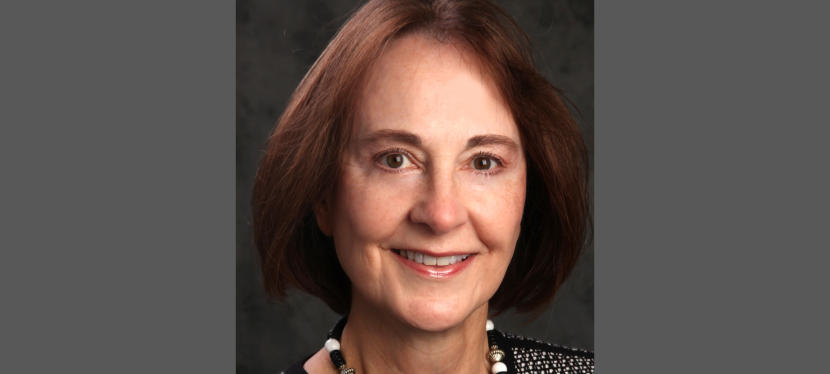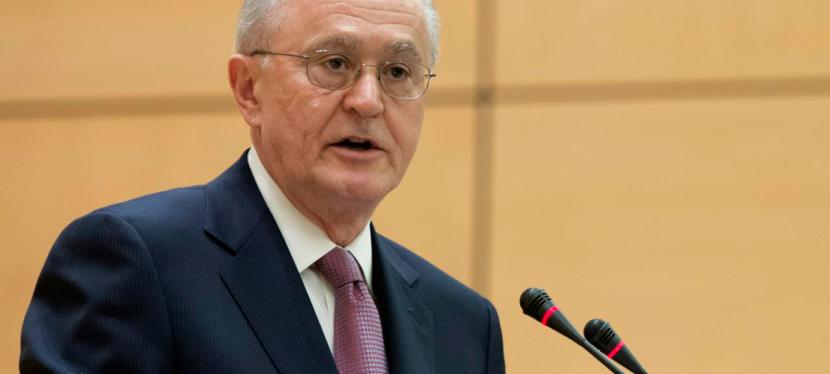Good corporate governance, the “G” in ESG, allows for companies to better lean into the challenges and opportunities. Well-governed companies drive change rather than being subjected to it.
Warren Buffett, Chairman and CEO of Berkshire Hathaway, famously described executive compensation as the acid test of corporate governance. For my part, I think the Oracle of Omaha may only be half right. Yes, executive compensation is critical, but it is only half of the picture. The other half of the picture is looking at the wages of the lowest paid, most vulnerable within a company or within its supply chain. It’s a matter of looking not only from the top down, but also the bottom up.
On November 19th, we continued efforts to educate ourselves on issues related to pay and wealth disparity and about some actions we can take to address them. We are grateful that Brandon Rees of the AFL-CIO and Rosanna Landis Weaver of As You Sow joined us to enrich our conversation.
A couple of weeks ago, Tesla CEO Elon Musk made headlines as the first person in history with a net worth exceeding $300 billion. The other part of that story is that, by comparison, the median U.S. worker would need more than 4 million years to make that much.
SGI has a long history in this space. From our founding in 1973, Fr. Mike Crosby has advocated for a living wage. SGI consistently advocates for increasing the federal minimum wage.
In 2013, President Obama said, “Rising income inequality is the defining challenge of our time.” Pope Francis, in the same year, noted, “How can it be that it is not a news item when an elderly homeless person dies of exposure, but it is news when the stock market loses two points?” As a consequence, one of Fr. Mike’s final efforts was a campaign for pay equity in 2014 by filing shareholder resolutions with 12 retailers. SEC allowed companies to omit the resolution based on “micro management.” SGI members continues to challenge retailers and restaurants to pay living wages, for their own workers and for those in their supply chain.
In hopes of building an economy that works for the many, not one that concentrates more and more wealth in the hands of a privileged few, we keep coming back to this issue to see if there are new ways that we can address income and wealth disparity. The Franciscan Sisters of Perpetual Adoration proposal on racial equity & starting pay at the Walmart AGM obtained strong shareholder support for a first-time resolution. SGI members have joined this year’s ICCR campaign to ask restaurants to raise their sub-minimum wage for tipped workers.
Increasingly, economists have come to see that wealth and income disparity harm the economy. Rising concern for pay and wealth disparity in proxy voting and changes at the SEC lead us to think the tide may be shifting, and so we come to today’s conversation to get better informed and to renew our commitment to act.
Again, we are very grateful for the presence of Brandon and Rosanna in this webinar, for their commitment to this work, and their generosity in sharing their wisdom and experience with us. As always, we welcome your feedback via a confidential evaluation found here. Slides are available here.
Pay and Wealth Disparity Resources:
- Executive Pay Watch website from the AFL-CIO
- As You Sow’s page for CEO Pay
- Will New Pay Ratio Disclosure Lead to “Public Infamy?” (a blog from Rosanna Landis Weaver)
- Shareholders Begin to Discuss Fairness in Proxy Voting Guidelines (a blog from Rosanna Landis Weaver)
- Inequality.org, a project of the Institute for Policy Studies










